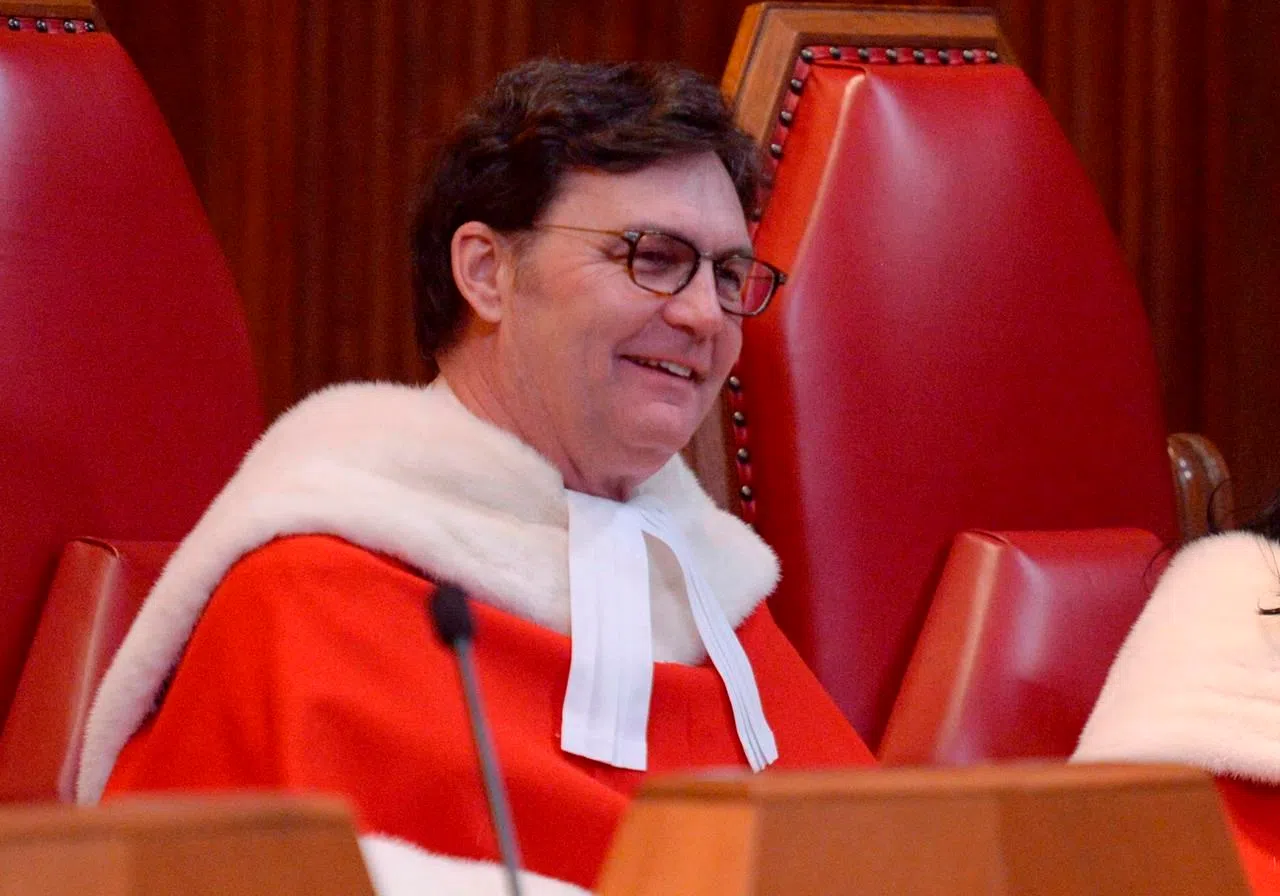
Trudeau appoints Richard Wagner as chief justice of Supreme Court
OTTAWA — Montreal-born Richard Wagner, a self-proclaimed advocate of judicial independence, will become the next chief justice of the Supreme Court of Canada, Prime Minister Justin Trudeau announced Tuesday.
Wagner, 60, was called to the Quebec bar in 1980 and practised law until being appointed to the Quebec Superior Court in 2004. He sat in the civil, commercial and criminal divisions of the court until 2011 when he was appointed to the Quebec Court of Appeal.
Former prime minister Stephen Harper named him to the Supreme Court only five years ago, giving Wagner another 15 years to define his legacy as chief justice before the court’s mandatory retirement rule kicks in.
Wagner’s age may have given him an edge for the job over Rosalie Abella, 71, who was widely seen as the other leading contender for the position. Trudeau had been under pressure to name a Quebecer as chief, in keeping with the tradition of alternating between a civil code jurist from Quebec and a common-law one.
